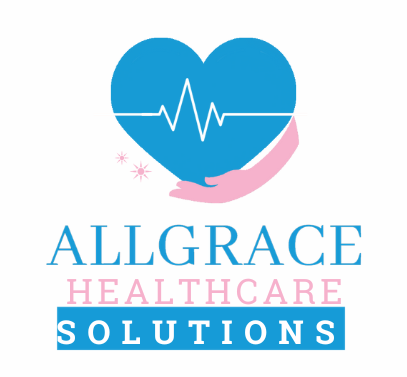
In North Carolina, where the essence of community and family intertwines, the quest for quality homecare resources becomes a paramount consideration. For those seeking the delicate balance of professional assistance and the warmth of familiar surroundings, a comprehensive guide to the state’s homecare landscape proves invaluable. This article endeavors to illuminate the myriad agencies and support services available, offering a roadmap for individuals and families navigating the diverse array of options in North Carolina. From centralized hubs providing licensing information to grassroots community initiatives, this guide aims to empower readers with the knowledge needed to make informed decisions about homecare, ensuring that the journey towards well-being is guided by compassion, expertise, and a deep understanding of the resources at hand.
Central Hubs and Licensing:
The North Carolina Department of Health and Human Services (NC DHHS) serves as a central hub for homecare information. It provides a directory of licensed homecare agencies and offers regulatory guidelines to ensure the quality and safety of services.
Local Support through AAAs:
Local Area Agencies on Aging (AAAs) play a crucial role in providing region-specific support. They connect individuals with a variety of homecare services, including meal delivery, transportation assistance, and tailored in-home care based on specific needs and locations.
Accredited Providers with NCAHHC:
The North Carolina Association for Home and Hospice Care (NCAHHC) represents accredited homecare and hospice providers. Their member directory serves as a valuable resource for finding professional services, and the association offers educational materials to aid informed decision-making.
Support for Caregivers:
Organizations such as AARP and the Family Caregiver Support Program provide essential support services for family members caring for loved ones at home. This includes education, resources, and respite care to alleviate the challenges of caregiving.
Funding via HCCBG:
The Home and Community Care Block Grant (HCCBG), administered by the NC DHHS, offers funding for various home and community-based services. This can include personal care, home-delivered meals, and transportation assistance, with eligibility criteria accessible through local aging agencies.
Telehealth Services:
Telehealth services bring healthcare professionals to individuals in the comfort of their homes. This option provides remote monitoring and assessment, offering an additional layer of support for those with chronic conditions.
- Nonprofit Assistance:
- Nonprofit organizations dedicated to specific health conditions or demographics offer specialized assistance, information, and community support. These organizations play a vital role in addressing unique needs and providing a sense of community for individuals and families.
- Technology and Monitoring Devices:
- Technology, including wearable devices and smart home technologies, enhances safety and well-being. These innovations can provide peace of mind for both individuals receiving care and their caregivers.
Community and Faith-Based Initiatives:
Community and faith-based initiatives offer additional support services. Local churches, community centers, and volunteer groups may provide transportation, companionship, and meal programs to assist those in need.
Legal and Financial Guidance:
Legal and financial assistance resources are available to help individuals navigate insurance coverage, Medicaid, and legal matters related to homecare, ensuring a comprehensive approach to care.
Education and Training Programs:
Educational opportunities and training programs for caregivers assist in building essential skills and understanding the complexities of providing care at home. This knowledge contributes to a better caregiving experience.
Emergency Preparedness:
Emergency preparedness is emphasized, encouraging individuals to create plans that include contacts for local emergency services, neighbors, and relevant healthcare professionals. Being prepared for unforeseen situations is crucial for the well-being of those receiving homecare.
Cultural Competency:
Cultural competency in homecare services is highlighted as a crucial aspect. Agencies and programs that prioritize cultural sensitivity ensure that care is respectful and aligned with individual preferences and values, promoting a more personalized and comfortable experience.
Bottom line
C
In concluding our exploration of homecare resources in North Carolina, it becomes evident that the state is a rich amass of support, compassion, and innovation. From the centralized guidance of the North Carolina Department of Health and Human Services (NC DHHS) to the localized care provided by Area Agencies on Aging (AAAs), and the professional touch of accredited providers through the North Carolina Association for Home and Hospice Care (NCAHHC), this guide has unveiled a spectrum of options.
The emphasis on caregiver support, funding avenues like the Home and Community Care Block Grant (HCCBG), and the integration of technology and telehealth services showcase a commitment to evolving with the needs of individuals requiring homecare.
As North Carolinians navigate the intricate landscape of homecare, the importance of community and faith-based initiatives, legal and financial guidance, and a culturally sensitive approach cannot be overstated. These facets contribute to a holistic framework where individuals are not just recipients of care but active participants in shaping their well-being.
In essence, this guide strives to be a compass, guiding residents towards resources that align with their unique circumstances. In the spirit of community and shared responsibility, may this information empower individuals and families across North Carolina to embark on their homecare journey with confidence and a sense of connection.





0 Comments